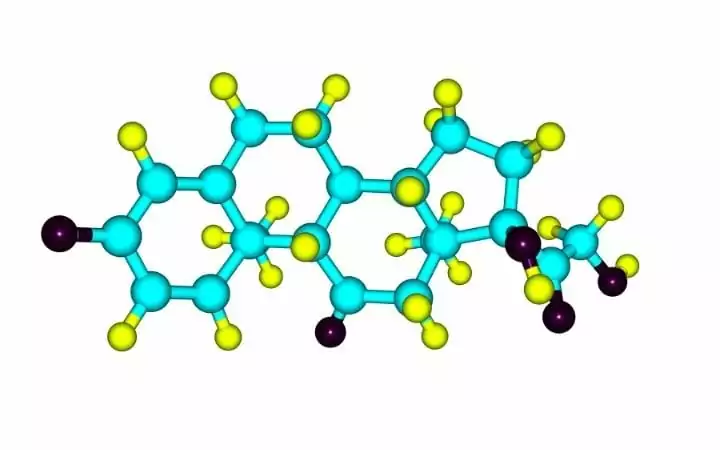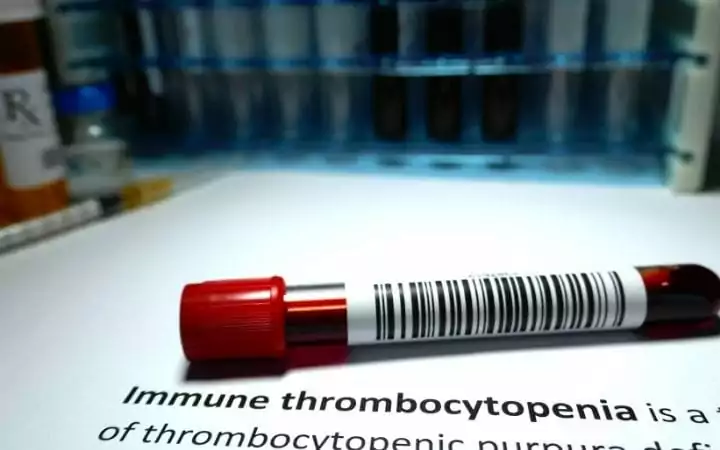Prednisone for dogs are steroids that can be life-saving. They help keep our immune system at bay when it’s overreacting, and they also take inflammation down when needed. There are many different types of steroids but one of the most commonly used steroids are Prednisone and Prednisolone. Even though they are technically different drugs, they are actually biologically the same.
Steroid Usage
Cortisol is a steroid in a dog’s body with a wide range of functions and needs. It helps regulate immune response, inflammation, metabolism, and is the main contender in a dog’s “fight or flight” response.
So needless to say it’s pretty important. It can suppress the immune system when it’s working against itself, as well as bring down inflammation from a variety of diseases and conditions.
Sometimes a dog’s body may have trouble producing enough or may need a little bit more. So synthetic corticosteroids, like prednisone and prednisolone, are very crucial to a dog’s life.

Prednisone vs Prednisolone
When your dog takes Prednisone the liver converts it to Prednisolone. Making it wise to prescribe Prednisolone to dogs with poor liver function. This allows the liver to thrive more by doing less work.
Prednisone/Prednisolone Usage
Prednisone and Prednisolone are both glucocorticoids that have many uses. It is an artificial steroid whose uses include: immunosuppressant (suppression of the body’s immune system and its ability to fight disease) therapy, antineoplastic (medications to treat cancer) anti-inflammatory, and to help treat Addison’s disease.
Addison’s disease is when the body does not produce enough cortisol resulting in lethargy, weakness, vomiting, diarrhea, and muscle pain. It helps replace the cortisol that your dog’s body is deficient in.
As far as immunosuppressant therapy it suppresses the immune system so it doesn’t continue to attack itself. It’s important to note off-label use when it comes to using Prednisone/Prednisolone for certain ailments. Veterinarians have found it helps significantly for certain diseases and will choose to use it when deemed safe.
Dosage
Depending on the condition that is being treated will often determine the dose used. Always follow your veterinarian’s instructions when it comes to giving medication. The following assessment is just a guideline for dosage information:
- Immunosuppressive therapy dose 2-5mg/kg q12-25h
- Daily anti-inflammatory dose 0.5mg/kg q12-24hr
It’s important to make sure you taper the dose when taking your dog off of Prednisone or Prednisolone. This is to help avoid adverse side effects and also wean the body off of the drug so that diseases do not relapse. This is especially important with autoimmune disorders like immune-mediated thrombocytopenia (ITP).
ITP is a condition where your dog’s body has a low level of platelets as a result of the immune system attacking them. Platelets are small blood cells that aid in your dog’s ability to clot. The immune system mistakes them for foreign invaders and kills them off leading the dog to have bleeding disorders. Another side note is to start lower with large breed dogs because they tend to be more sensitive to Prednisone/Prednisolone.

Side Effects of Prednisone in Dogs
Depending on how long the dog is on the medication will increase or decrease the risk of adverse effects. Some of these adverse effects include excessive thirst, panting, increased hunger, and increased urination.
In extreme cases vomiting, diarrhea, and behavioral changes. Prednisone/Prednisolone should only be used short-term because long-term usage can lead to other issues and diseases like Diabetes, and Cushing’s (hyperadrenocorticism) disease.
It is also more likely for your dog to have heart problems. When a dog takes steroids for a prolonged time it can cause the liver to become resistant to insulin, resulting in blood sugar spikes. Oral steroids mimic your dog’s natural steroid, but if too much is given it can cause Cushing’s disease (hyperadrenocorticism).
Prolonged steroid use can cause heart issues because it often leads to high blood pressure. High blood pressure puts extra wear and tear on your dog’s heart making it more likely for heart disease to occur. It’s important to be aware of all these side effects especially if your dog is on long-term use of steroids. If this is the case and is unavoidable then frequent workups should be taken. This is to make sure your dog is not developing any iatrogenic (illness caused by treatment or individual) disease.

Drug Interactions to Be Aware Of
Whenever your dog goes on any medication it’s important to alert the veterinarian of their health history, and any current medications they are taking. This is because there are a few contraindications for certain drugs with Prednisone/Prednisolone. These drugs include insulin, non-steroidal anti-inflammatories, diuretics, Dexamethasone, Phenobarbital.
Prednisone/Prednisolone should be used with caution in any dogs with systemic fungal infections, heart disease, diabetes, and viruses. It should also be given cautiously in younger dogs and any dogs receiving vaccines or other drugs that need their immune system at a top-notch level.
Prednisone should be avoided entirely in any pets with liver disease but Prednisolone can sometimes be substituted at the instruction of your veterinarian. If used with liver deficient dogs it can cause lesions and further escalate liver disease.
How is Prednisone/Prednisolone Given?
Prednisone/Prednisolone comes in a few different strengths such as 1 mg, 2.5 mg, 5 mg, 10 mg, and 20 mg tablets. Prednisolone comes in 5mg tablets. There are also various concentrations of liquid doses. It can be given orally or by injection via a veterinarian.
If needed, a compounding pharmacy can make transdermal Prednisolone. If using transdermal Prednisolone it is wise to always wear gloves to avoid exposure to yourself. Make sure to read carefully on the frequency of medication. It’s important that you taper your dog off this medication and do not stop it abruptly or without speaking to your veterinarian.

What to do in Case of Emergency
If you believe your dog may have taken too much of Prednisone/Prednisolone call your veterinarian immediately for further instruction.
How to Store Prednisone/Prednisolone
Prednisone/Prednisolone can be stored at room temperature in a dry place out of reach of children and pets. Make sure you pay attention to liquid or compounded compositions. They may contain an ingredient that requires refrigeration.
Summary
Steroids can help fix many diseases and aid in the treatment of various conditions. As helpful as they can easily be dangerous if misused. Your veterinarian will decide which medication (Prednisone/Prednisolone) is the best, and safest for your dog.
In order to reap the amazing benefits of Prednisone/Prednisolone, you must pay close attention to your dog’s response to it (good or bad) and keep your veterinarian in the loop. Make sure you adhere strictly to all your veterinarian’s instructions on the proper use of these drugs.
